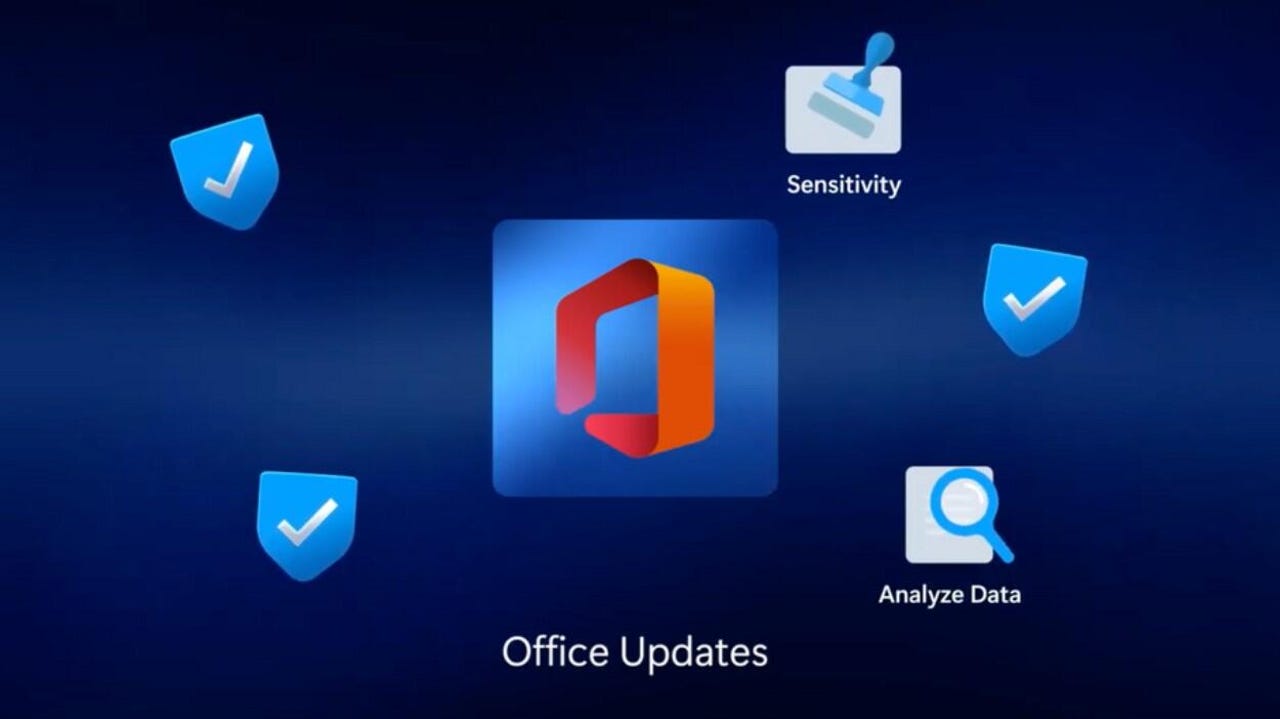Office 2016 and 2019 users won't be cut off from Microsoft 365 back-end services next year


Even though Microsoft is all-in on the cloud, it still is continuing to roll out "perpetual" (non-subscription) versions of Office every few years. Recently, some of those users -- namely those with Office 2016 and Office 2019 -- got a bit of a scare, as it seemed Microsoft had decided to cut off their access to Microsoft 365 back-end services in 2023, which is two years before those products officially exit support.
The good news for those users is this was a false alarm. (Or maybe just an overaggressive attempt to get those who want non-subscription Office to move to the cloud?) Microsoft is not going to block Office 2016 and Office 2019 customers from connecting to Microsoft 365 back-end services after October 2023. But it is warning those users that they potentially could experience some issues when connecting to Microsoft 365 back-end services after that date.
Microsoft licensing is confusing. (Shocker, I know!) The Microsoft docs article about Microsoft 365 services connectivity has two seemingly contradictory statements in the same article.
First:
Note: Office 2019 and Office 2016 will be supported for connecting to Microsoft 365 (and Office 365) services until October 2023.
One paragraph later:
Important: We won't take any active measures to block other versions of the Office client that are still supported and are up to date, such as Office 2013 with Service Pack 1, from connecting to Microsoft 365 services. But these older clients may encounter performance or reliability issues over time.
Microsoft Office 2013 support ends on April 11, 2023. But Office 2016 support doesn't end until October 14, 2025, which also is the same date that support for Office 2019 ends. This October 2025 date is the end of extended support. Mainstream support for Office 2016 ended in October 2020 and for Office 2019 it will end in October 2023. The end of mainstream support means Microsoft no longer will provide feature updates or security fixes for these products.
To try to get Office 2016 and 2019 users to move to a more recent version of Office -- like Office LTSC or Office 2021 -- from versions of Office that have exited mainstream support, Microsoft basically is playing a game of chicken with customers. Continuing to use Office 2016 and 2019 might be risky because some features may encounter "unexpected issues." (Or, you know, they may not....) Because of this possibility, Microsoft's official statement is these non-subscription Office clients won't be "supported" by Microsoft after that date, even though users won't be stopped from connecting to those services.
(Generating uncertainty around "support" isn't a Microsoft tactic that's unique to Office. Other examples: Users can run Windows on Apple silicon but they won't be "supported" if they do this. Another: Users can run Windows 11 on PCs that don't meet the TPM and CPU requirements, but they won't be "supported" by Microsoft if anything goes awry.)
Back to Office. I asked for clarification of this July 25 Microsoft TechCommunity article, which says "Office 2016 & 2019 won't be supported for connecting to Microsoft 365 services, including Exchange Online, starting Oct 2023 .... Don't wait until the last minute - now is a great time to upgrade."
A Microsoft spokesperson sent the following statement:
"Microsoft will NOT be blocking supported and up-to-date Office clients from connecting to M365 cloud services. However, as announced in April 2017 and clarified in February 2018, Microsoft plans to stop supporting Office clients out of mainstream support when connecting to Microsoft 365 cloud services.
"Practically, this means that as we make updates to Exchange Online, SharePoint Online, and other Microsoft 365 services, we will not be building around the constraints inherent in the older perpetual Office clients that are already out of mainstream support. Customers will not be blocked in connecting, but they may not get the full value out of new investments in our cloud services. Over time, they may run into unexpected issues."
In short: Office 2016 and 2019 will continue to work with Microsoft 365/Office 365 back-end services at least until those Office editions are out of support, which means October 2025. They just might (or might not) work well, especially starting next year, so it's a "use at your own risk" situation.